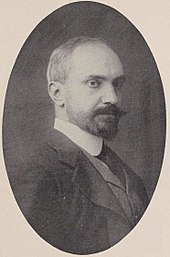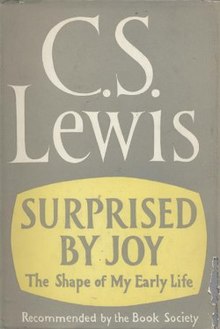
It’s not uncommon for someone to reflect on a tumultuous moment in our present and respond: “A wise man once said, ‘Those who don’t learn history are doomed to repeat it’.” This comes from philosopher George Santayana, who actually said, “Those who cannot remember the past are condemned to repeat it.” In some senses there is wisdom in this phrase. However, today we are going to address why it is problematic.
First, an underlying assumption in this perspective is the other famous aphorism, “history repeats itself.” As we looked at in a past blog post, there are issues with this phrase since history is in many ways the study of change over time. While there are continuities, there are numerous differences between our present and the past. Especially when considering the context that informs our opinions and actions. Today, though, let’s look at the embedded arrogance and pessimism in Santayana’s phrase.

When we say that not learning history makes us “condemned to repeat it,” we are committing the crime of “chronological snobbery,” as 20th century British academic C.S. Lewis put it. Lewis defined chronological snobbery as “the uncritical acceptance of the intellectual climate of our own age and the assumption that whatever has gone out of date is on that count discredited.” In other words, history is in a clear state of progress. There is little we can learn from the past other than to not commit their mistakes. (The idea that history is a story of dark to light is known as “whig history” and is discredited by almost all historians today even though we tend to hold to this belief when we cling to phrases like Santayana’s).
Of course, we can learn a lot more than mistakes from the past. We see heroic action that saves lives and inspires us. We learn of wise leadership that stabilizes whole people groups or regions. Or, we encounter courageous acts of resistance to injustice that inspire our current goals today. With these in mind, maybe the phrase should be “those who don’t learn history are doomed not to repeat it.”
We have to be willing to humbly learn from the past. Not merely warning signs for what not to do, but real inspiration for how we should conduct our own lives. Sometimes even, we can humble ourselves enough to try to understand the motives and actions of past actors that we thought we disagreed with only to find real wisdom in how they lived. The past can transform us. Studying the past can make us better people.
The discipline of history is an endeavor in empathy. Historians seek to understand, not condemn. This also encourages humility, not chronological snobbery. Sure, at times we want to learn from past mistakes so as not to be “doomed to repeat it.” But perhaps more often than we give credit, we should aspire to repeat perspectives and actions of the past. We can learn wisdom, humility, heroism, courage, contemplation, even love from our ancestors. Let’s listen to them and learn.